20 things we learned about democracy in June 2014
June 2014 proved to be another eventful month for democracy, with revelations about security, surveillance, Scottish independence, and the European Parliament and local elections. Here, Sean Kippin rounds up 20 interesting nuggets of information which made themselves known this month.
1. Bargain?
The cost of setting up a independent Scottish state could be as little as £200m, contrary to the UK Government who put the figure at a somewhat larger figure of £2.7 billion – a figure of which Democratic Audit co-Director Patrick Dunleavy has been very critical. Find out more here.
2. Young and old, up and down
Electoral turnout for young people peaks immediately after their enfranchisement, then falls sharply, according to research carried out by Yosef Bhatti, Kasper M. Hansen, and Hanna Wass and published on Democratic Audit. Find out more here.
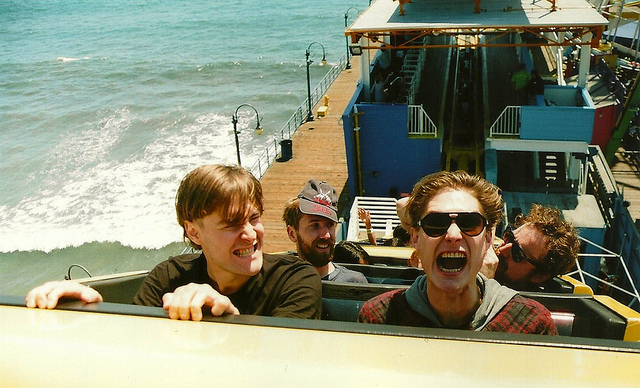
3. Strongholds
UKIP polled stronger than Labour in areas that the latter have traditionally been extremely strong. These include Rotherham, Middlesbrough, Redcar and Cleveland, Stockton-on-Tees, and even Ed Miliband’s Doncaster, according to Dr Matthew Goodwin, one of the UK’s noted experts on the rise of UKIP. Find out more here.
4. Time wasters
People in the 25-39 age group are the most likely to describe politics as a “waste of time”, while the 16-24 age group are around half as cynical. Find out more here.
5. Membership application
Dominic Cummings, Michael Gove’s former policy adviser, has never been a member of a political party, despite having been the Conservative Party’s Head of Policy under Iain Duncan Smith, according to his blog. Find out more here.
6. Labour: the Professionals
Half of Labour’s candidates in marginals are “fully paid up members” of the political class (like Ed Miliband) rather than people who have done “real jobs”, like John Prescott, according to a Guardian report. Find out more here.
7. Farce-past-the-Post
It is not inconceivable that the 2015 General Election could create a bizarre and unjustified outcome, particularly if, as occurred in the European Parliament elections, UKIP perform particularly strongly. Find out more here.

8. Wall of silence
According to a study carried out in seven countries showed that political parties tend not to respond to email enquiries, even if the messages are polite, helpful, and include the offer of voluntary help. Find out more here.
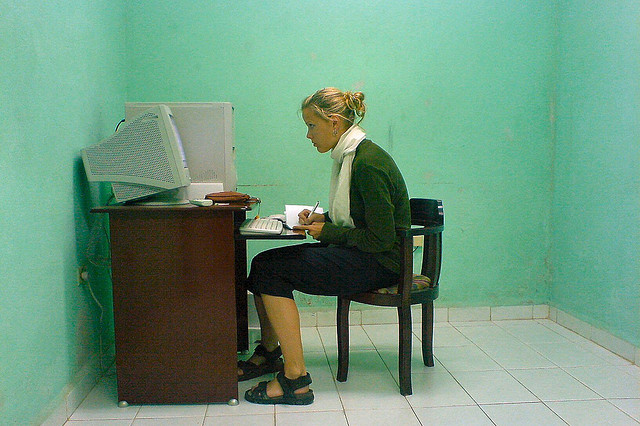
9. Electoral liability
It may be becoming electorally (not to mention environmentally) disadvantageous to deny climate change, at least in the United States, according to Bloomberg. Find out more here.
10. Legislation, damned legislation, and statistical tricks
Nick Clegg and Nigel Farage are both wrong about what percentage of our laws are made in the EU, with the true figure being somewhere between 15% and 55% – depending on what you count. Find out more here.
11. The pound (or otherwise) in your pocket
There is a near-perfect link between the perceived performance of the Scottish economy and referendum voting intentions, according to a blog on Public Affairs Jobs HQ. Find out more here.
12. Hair of the Rottweiller
The Leader of Her Majesty’s Loyal Opposition, Ed Miliband, has about as much appeal as a “flatulent dog in a lift”, according to the BBC’s erstwhile, departing Rottweiler, Jeremy Paxman. Find out more here.
13. Retail politics
In political campaign terms, fifty small press releases matter more than a big policy announcement. For similar reasons, supermarkets prefer to emphasise how many cheap products they can offer rather than the total saving, according to blogger Steve van Riel. Find out more here.
14. Juncked
The incoming President of the European Commission, Jean Claude Juncker, himself has a record of blocking senior EU appointments, particularly where Prime Ministers of the UK are concerned. Find out more here.
15. Ineffective makeovers
Repeated government ‘makeovers’ have not created a government machine that works better and costs less, according to data on the cost of Government, and the number of complaints received by ombudsmen. Find out more here.
16. Hitting the target
Voters in marginal constituencies like Glenda Jackson’s Hampstead and Kilburn know more about parties’ policy positions than those in safe seats like Gordon Brown’s Kirkaldy and Cowdenbeath, according to research carried out by the University of Nottingham’s Caitlin Milazzo. Find out more here.
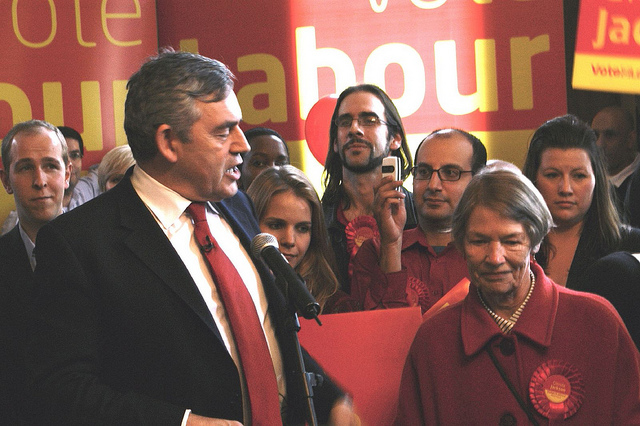
17. Snoopy
It is, according to Charles Farr (the same person who was caught up in the recent Michael Gove/Theresa May “Trojan Horse” stramash), legal for the Government to monitor the social media communications of the British public. Find out more here.
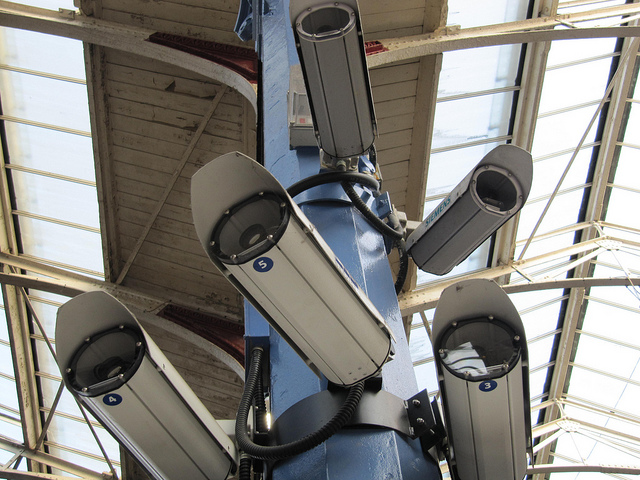
18. Cameron, and on, and on…
The Conservatives are likely to emerge with a clear lead in the share of the vote and have a very healthy looking 60% chance of being the largest party in Parliament, according to the elections specialist Stephen Fisher. If David Cameron were to remain Prime Minister until 2020, he would be Prime Minister for 10 years (matching Tony Blair’s record), and Leader of the Conservative Party for 15 years. No wonder he looks scared. Find out more here.
19. Pictures of you
If recent events are any guide, you can be threatened with arrest under anti-terrorism laws for recording video footage in a train station. Find out more here.
20. Sealed tanks
Think tanks speak to elected politicians surprisingly infrequently (though MPs are a partial exception). That is according to research from the University of West Scotland’s Dr Hartwig Pautz. Find out more here.
—
Note: this piece does not represent the views of Democratic Audit or the LSE. Please read our comments policy before posting.
—
 Sean Kippin is Managing Editor of Democratic Audit, and is one of two people responsible for DA’s day-to-day management, website, blog and wider output. He has a BA in Politics from the University of Northumbria and an MSc in Political Theory from the LSE. He has worked for MPs Nick Brown and Alex Cunningham, as well as the Smith Institute think tank. He has been at Democratic Audit since June 2013, and can be found on twitter at @se_kip.
Sean Kippin is Managing Editor of Democratic Audit, and is one of two people responsible for DA’s day-to-day management, website, blog and wider output. He has a BA in Politics from the University of Northumbria and an MSc in Political Theory from the LSE. He has worked for MPs Nick Brown and Alex Cunningham, as well as the Smith Institute think tank. He has been at Democratic Audit since June 2013, and can be found on twitter at @se_kip.
—
Image credits: 1) Scottish Government, CC BY NC ND 2.0, 2) Stornoway, CC BY-NC-ND 2.0, 3) European Parliament, CC BY-NC ND, 4) marsmet tallahassee, CC BY NC SA 2.0, 5) Cabinet Office, CC BY NC ND 2.0, 6) ARCHIVED Department for Energy and Climate Change, CC BY NC ND 2.0, 7) Daniel Zanni, CC BY NC SA, 8) Lars Kristian Flem, CC BY-NC 2.0, 9) ForecastTheFacts, CC BY ND NC 2.0, 10) Cabinet Office, CC BY NC ND 2.0, 11) Stevie Spiers, CC BY NC SA 2.0, 12) Carlos Ferreria, CC BY SA 2.0, 13) Lynne Featherstone, CC BY ND 2.0, 14) President of the European Council, CC BY NC ND 2.0, 15) Peter Eimon, CC BY-NC-SA 2.0, 16) Stephane Goldstein, CC BY-ND 2.0, 17) greensambaman, CC BY-NC-ND 2.0 , 18) Thierry Ehrmann, CC BY 2.0, 19) Loïc Dupasquier, CC BY NC ND 2.0, 20) Department for Communities and Local Government, CC BY SA NC 2.0)


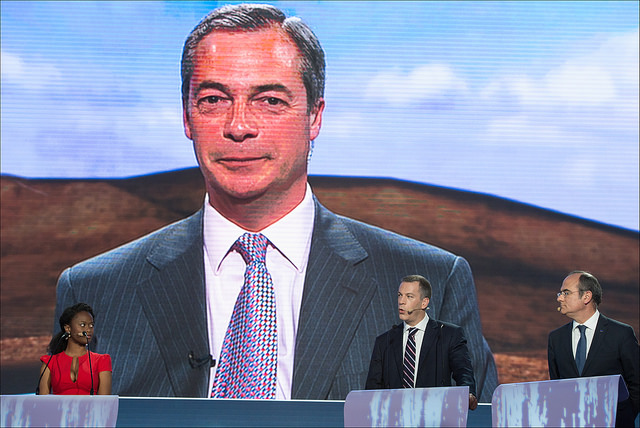
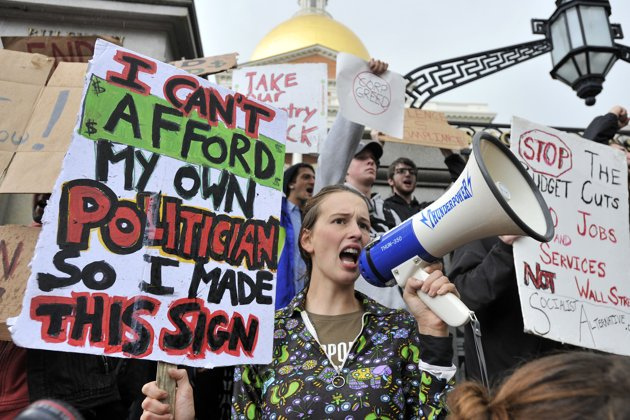
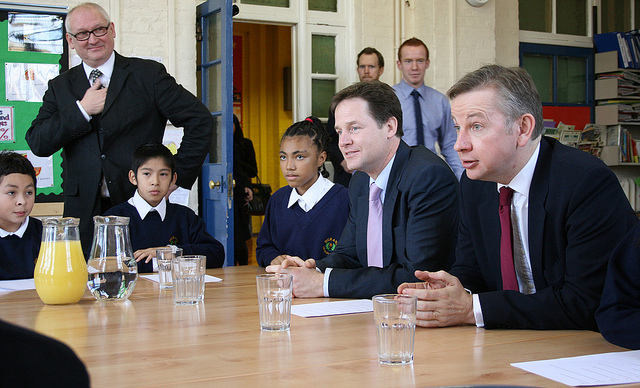
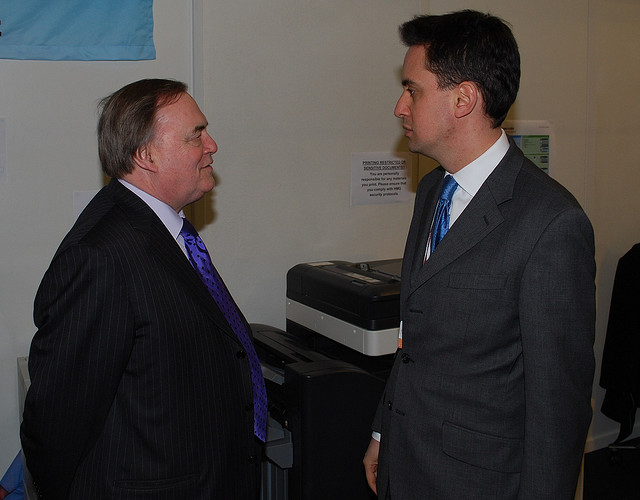
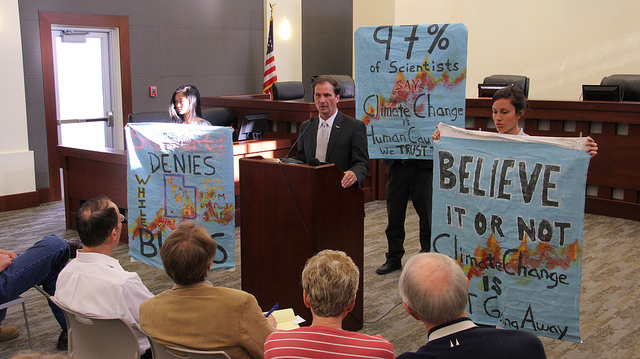
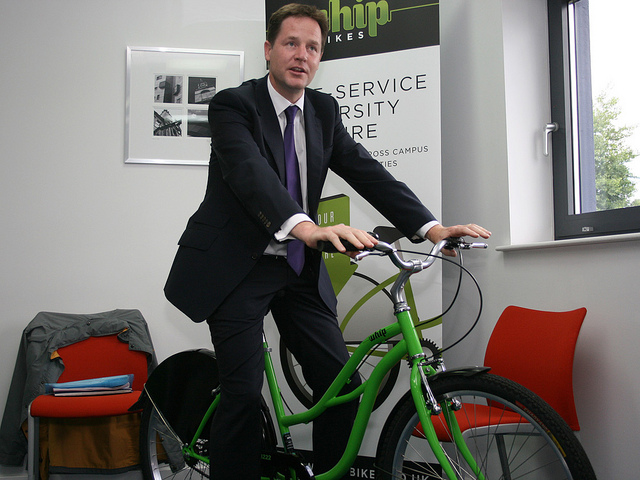

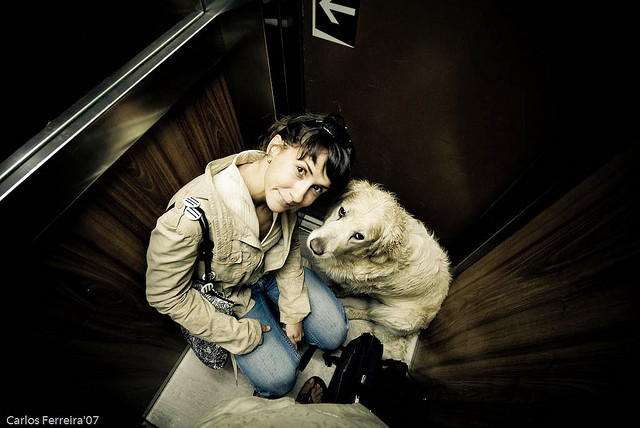
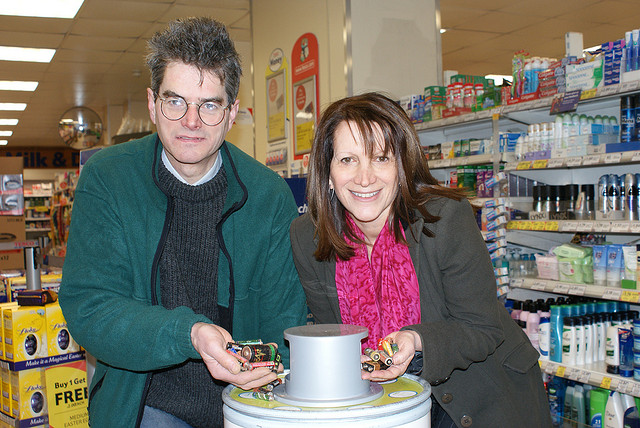
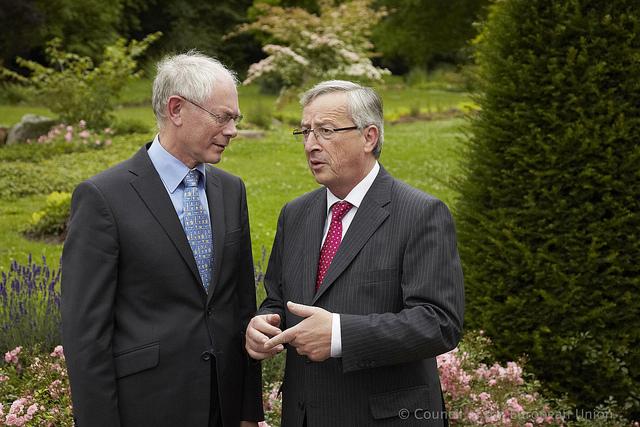
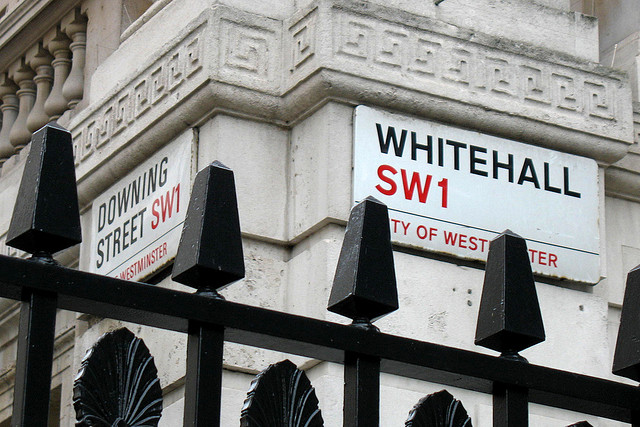
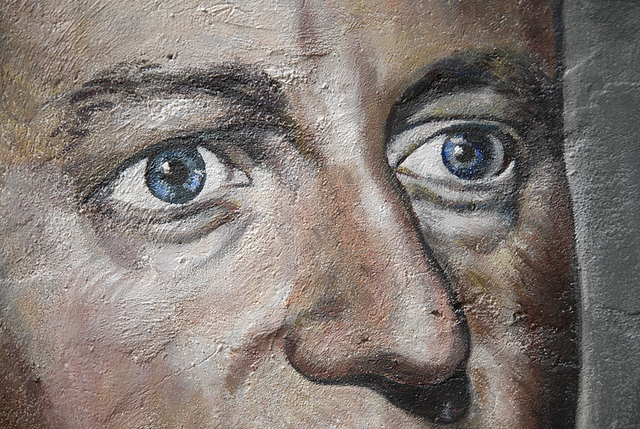

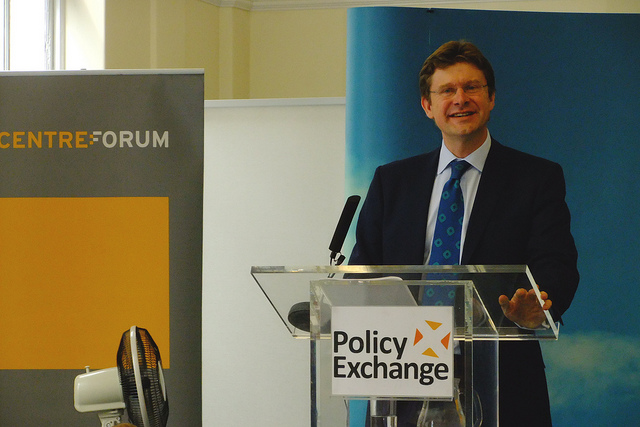




 Democratic Audit's core funding is provided by the Joseph Rowntree Charitable Trust. Additional funding is provided by the London School of Economics.
Democratic Audit's core funding is provided by the Joseph Rowntree Charitable Trust. Additional funding is provided by the London School of Economics.
20 things we learned about democracy in June 2014 : Democratic Audit UK https://t.co/Deqhcs6sqO
On @democraticaudit, I round up the 20 things we learned about democracy in June 2014 https://t.co/kR7cUH8MOd
.@se_kip rounds up 20 things we learned about democracy in June 2014 https://t.co/awfYzO1na8
20 things we learned about democracy in June 2014
https://t.co/16xntpTVf4
Items 1,3,4,6,11,12,14, 18 (!)
#indyref
20 things we learned about democracy in June 2014 https://t.co/E4X85UZYc9
Great round-up from @democraticaudit @se_kip: 20 things we learned about democracy in June 2014 https://t.co/z3uA0tXXjN
20 things we learned about democracy in June 2014 https://t.co/acrjPCvTUX